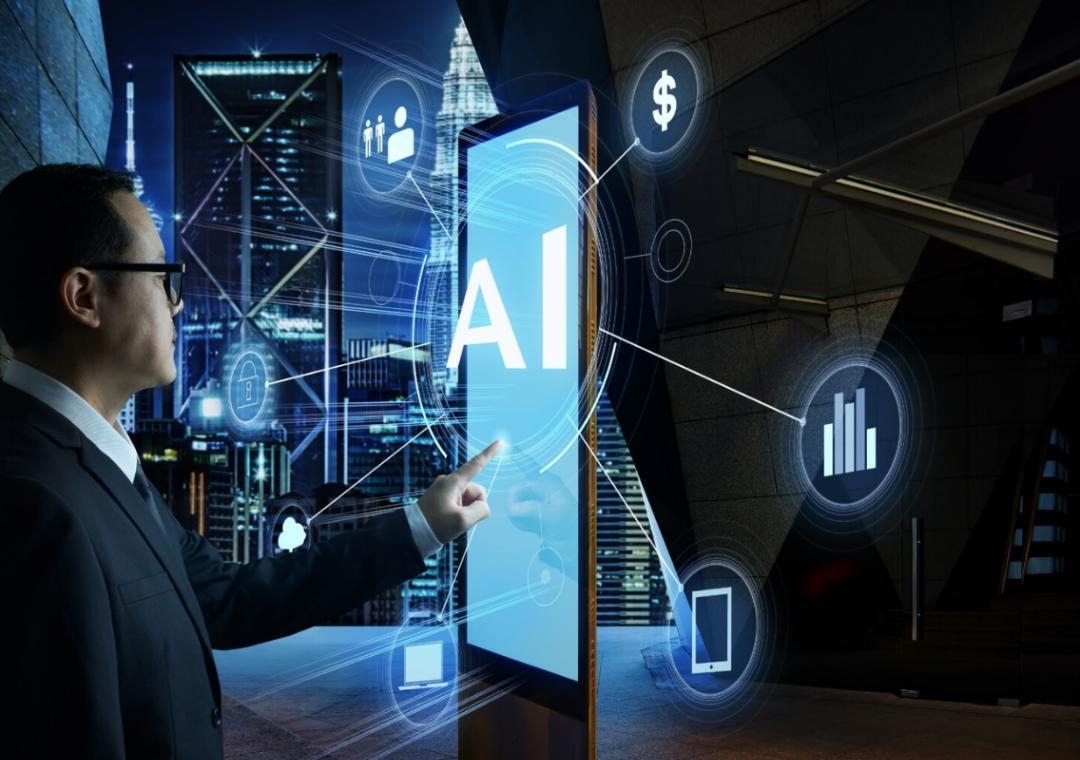
AI & ML now power over 77% of business processes
In today’s fast-paced digital landscape, the terms Artificial Intelligence (AI) and Machine Learning (ML) are no longer confined to the realm of science fiction. They have become operational essentials for businesses looking to stay ahead of the competition and drive growth. A staggering 77% of enterprises now utilize AI/ML to enhance productivity, reduce costs, and personalize user experiences.
The adoption of AI/ML is no longer a matter of choice, but a fundamental requirement for businesses to remain competitive in a digital-first world. As the global market continues to evolve, companies that fail to integrate AI/ML into their operations risk falling behind, losing customers, and ultimately, struggling to survive.
What is AI and ML?
Before diving into the significance of AI/ML in business, it’s essential to understand what these terms mean. Artificial Intelligence refers to the development of computer systems that can perform tasks that typically require human intelligence, such as visual perception, speech recognition, and decision-making. Machine Learning, on the other hand, is a subset of AI that enables machines to learn from data and improve their performance over time.
In simple terms, AI is the ability of a machine to think and learn like a human, while ML is the process by which a machine learns to perform a specific task without being explicitly programmed.
How is AI/ML important?
The importance of AI/ML in business cannot be overstated. Here are some key benefits that have driven its widespread adoption:
- Automation: AI/ML enables businesses to automate repetitive, time-consuming, and labor-intensive tasks, freeing up human resources to focus on higher-value activities.
- Improved Customer Experience: AI-powered chatbots and virtual assistants provide 24/7 customer support, while ML-driven personalized recommendations help businesses tailor their offerings to individual customers.
- Real-time Fraud Detection: AI/ML-powered systems can detect fraudulent transactions in real-time, reducing the risk of financial losses and enhancing overall security.
- Predictive Analytics: ML algorithms can analyze vast amounts of data to predict customer behavior, identify trends, and inform data-driven business decisions.
- Cost Reduction: AI/ML can help businesses reduce operational costs by optimizing processes, streamlining workflows, and minimizing human error.
- Enhanced Productivity: By automating mundane tasks, AI/ML enables employees to focus on more strategic and creative work, leading to increased productivity and job satisfaction.
Real-world examples of AI/ML in business
- Customer Support: Many companies, such as IBM and American Express, use AI-powered chatbots to provide 24/7 customer support, reducing response times and improving customer satisfaction.
- Retail: Retail giants like Amazon and Walmart use ML algorithms to personalize product recommendations, improving customer engagement and driving sales.
- Finance: AI/ML-powered systems are used in real-time fraud detection, risk assessment, and portfolio optimization, helping financial institutions stay ahead of the competition.
- Healthcare: AI-powered diagnostic tools and ML-driven disease prediction models are revolutionizing the healthcare industry, enabling earlier detection and more effective treatment.
The future of AI/ML in business
As AI/ML continues to evolve, we can expect to see even more widespread adoption across various industries. Here are some trends that will shape the future of AI/ML in business:
- Explainability: As AI/ML becomes more pervasive, there will be a growing need for transparent and explainable AI, enabling businesses to understand the decision-making process behind AI-driven decisions.
- Edge AI: With the increasing availability of edge devices, we can expect to see more AI processing happening at the edge, reducing latency and improving real-time decision-making.
- Human-AI Collaboration: As AI becomes more prevalent, we will see a greater emphasis on human-AI collaboration, enabling humans to work alongside AI systems to make more informed decisions.
Conclusion
In conclusion, AI/ML is no longer a futuristic concept, but a fundamental operational essential for businesses looking to stay ahead of the competition. With its ability to automate tasks, improve customer experiences, and drive growth, AI/ML is poised to revolutionize the way businesses operate. As the global market continues to evolve, it’s essential for businesses to stay ahead of the curve and integrate AI/ML into their operations to remain competitive in a digital-first world.
News Source:
https://www.growthjockey.com/blogs/what-is-ai-and-ml-how-is-it-important






